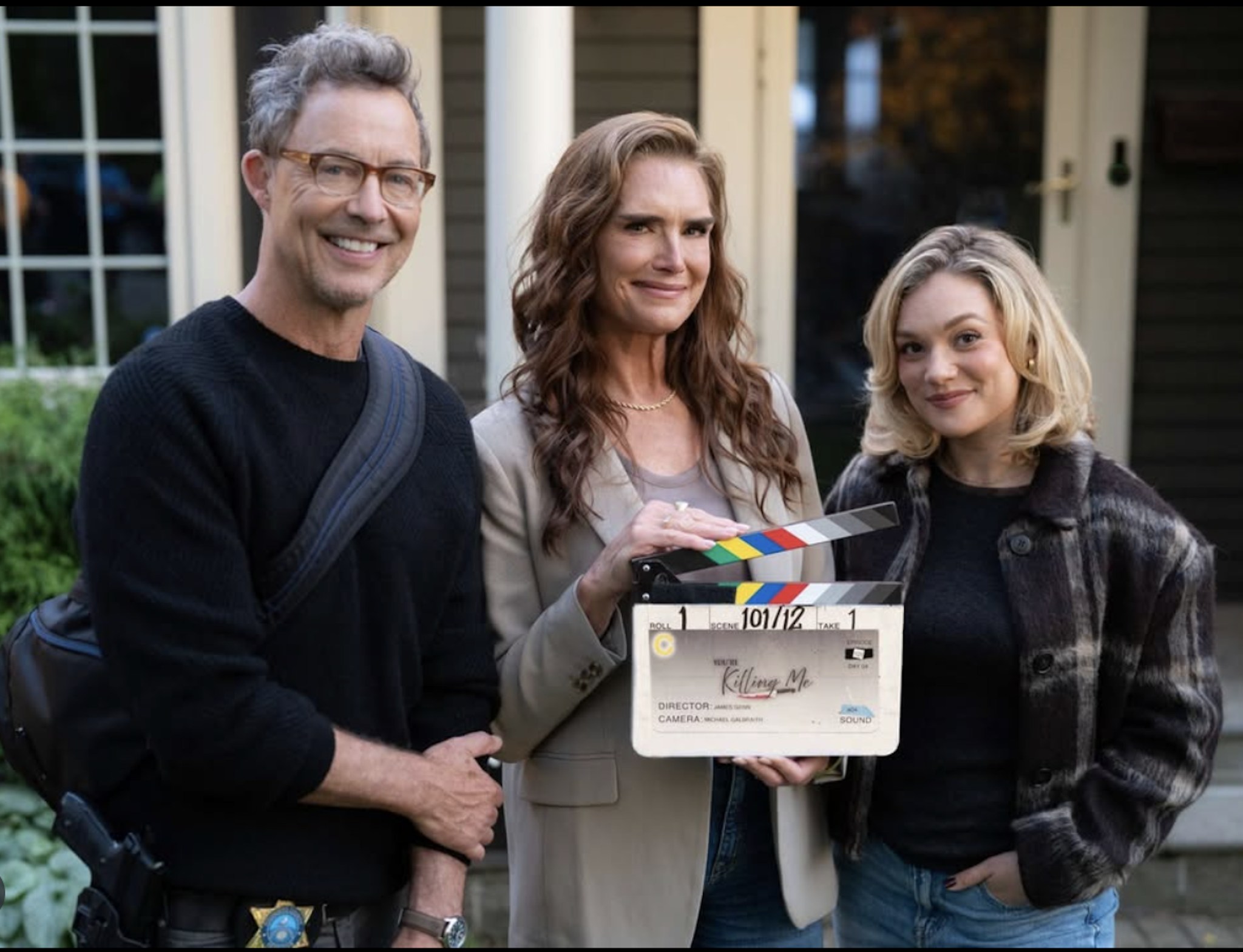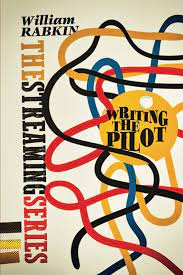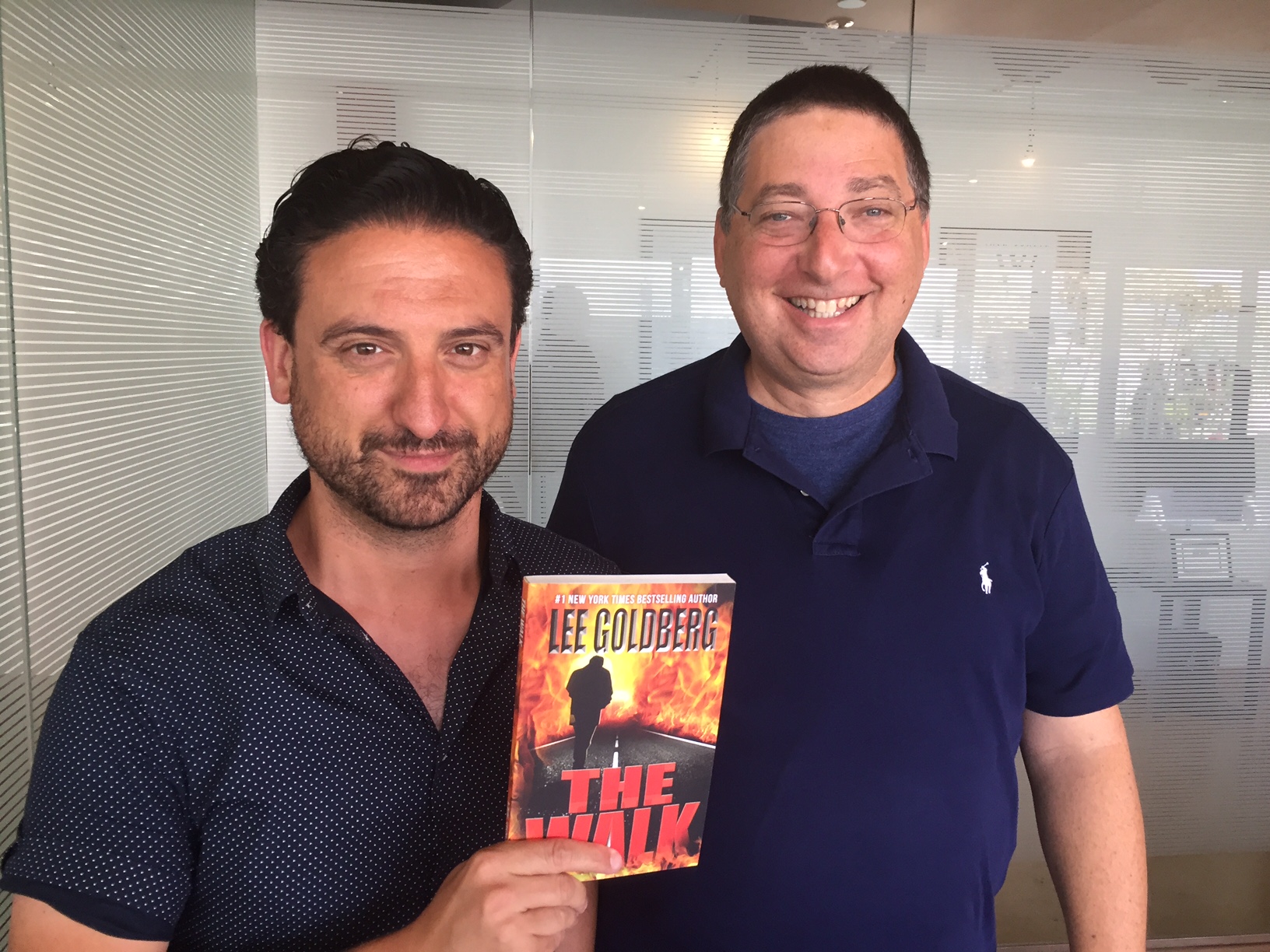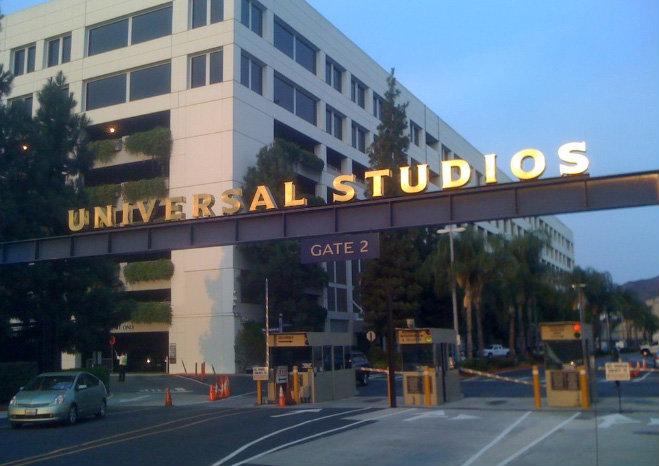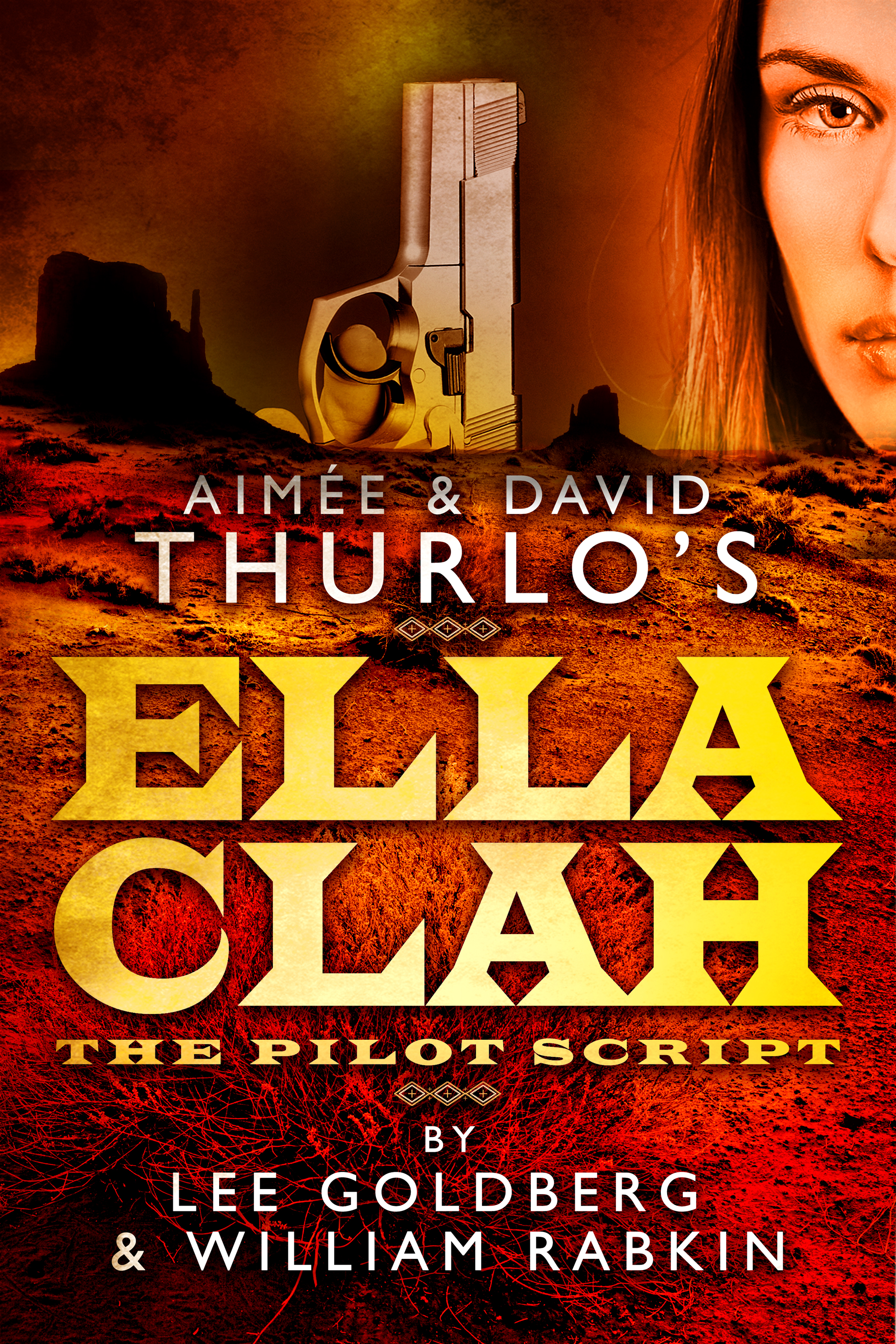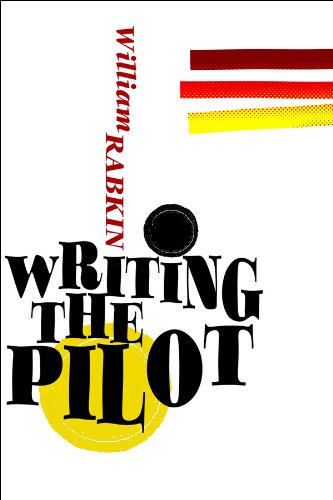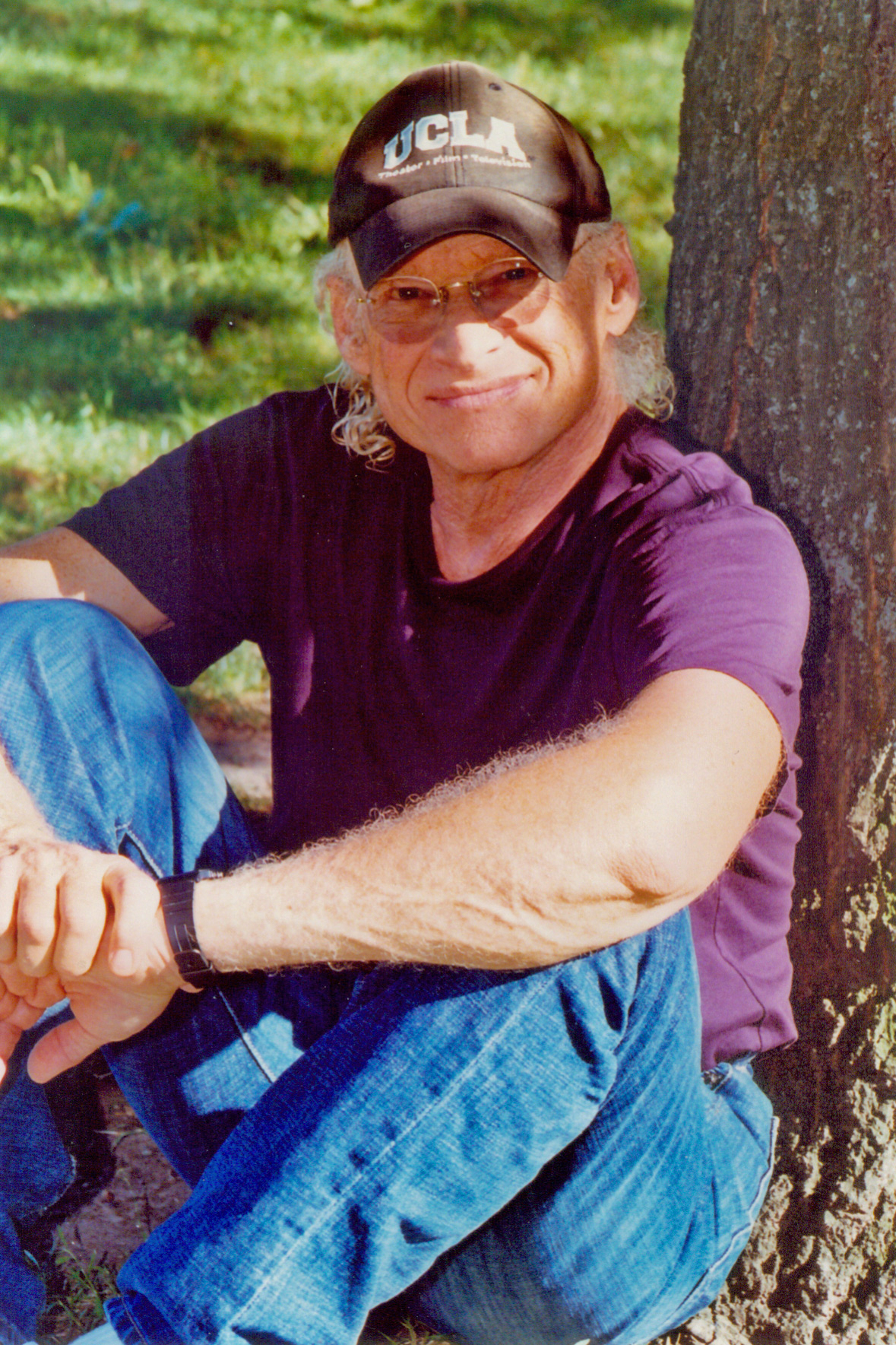Today I talk with The 007 Files podcast about my interviews with Bond series screenwriter Richard Maibaum…and the lasting, and unappreciated, impact he made on the 007 movies. You can read all of my interviews with Maibaum in my book THE JAMES BOND FILMS: 1962-1989: Interviews with the Actors, Writers and Producers
Screenwriting
You’re Killing Me
I can’t wait for you to see You’re Killing Me in early 2026 on AMC & Acorn. Brooke Shields, Amalia Williamson (Sullivan’s Crossing) and Tom Cavanagh (Ed, The Flash, etc) are terrific in this light-hearted mystery series, created by Robin Bernheim. The six episodes are written by her and co-exec producers Derek Thompson (When Calls the Heart, Murder in a Small Town), Phoef Sutton (Cheers, Darrow & Darrow, Boston Legal etc) and yours truly.
Robin and I have known each other for over thirty years and have worked together many times, including co-creating the hit Hallmark series Mystery 101 together. We both shared a mentor in Michael Gleason, who created Remington Steele, where Robin began her career, before going on to shows like Quantum Leap, Star Trek-TNG, When Calls the Heart, and many, many more.
She also wrote Mother of the Bride, the hit movie that starred Brooke Shields, who she befriended way back on Quantum Leap. And she worked with Derek Thompson for years on When Calls The Heart. Derek is a terrific writer and a great guy. It was immediately clear to me why Robin wanted to work with him again. Phoef Sutton and I are close friends. He’s a multiple Emmy Award winner and we worked together on Darrow & Darrow, a Hallmark series he created and that co-starred Tom Cavanagh (though the two scripts that Phoef and I co-wrote for it weren’t shot because of the Covid-19 shut-down). It’s a fantastic writing staff.
In You’re Killing Me, Brooke plays an internationally bestselling author who, through a series of unusual events, teams up with Amalia, a young, true-crime vblogger to co-author books…and solve puzzling murders. Tom plays the local cop.
We’re in the final weeks of shooting season one up in Nova Scotia and the dailies, and first cuts, are soooo good. Lot of laughs, fun detecting, and some real heart.
Writing the Pilot: The Streaming Series
Writing the Pilot: The Streaming Series by William Rabkin
This is a terrific book, but I am biased. Bill is my oldest friend, and was my TV writing and producing partner for over twenty years.
The book’s introduction alone, both a revealing history lesson and a perceptive overview on the state of the television industry, is worth the purchase price. The explosion of streaming services has changed the business of television and, with it, the way series are conceptualized and written. It’s not enough to have a good idea, you must understand the underlying forces, both creative and financial, reshaping TV. Luckily, there’s William Rabkin to make sense of it all…and guide you through it. This is essential reading for anyone hoping to break into streaming television…or any television.
An acclaimed screenwriter, showrunner, development executive, international TV consultant, and beloved professor, absolutely nobody is better suited than Bill to guide you through the creative landscape of streaming television today, envision where it’s going tomorrow, and teach you how to shape your series ideas to succeed in this ever-changing business and dramatic medium.
With this book, Bill will be your own personal Yoda, teaching you how to master the Force of streaming television success. This book is an essential manual for creating streaming television series that can succeed, not only in the business as it exists today, but what it’s likely to become tomorrow.
Making Movies: Gun Monkeys and The Walk
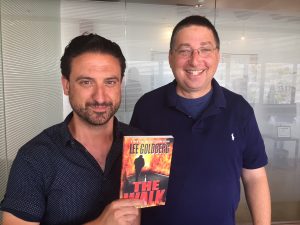
I’ve got lots of movie news to share that I’ve been keeping bottled up for some time. First off, my novel THE WALK is being made into a movie, to be directed by Eugenio Mira, who made the clever, stylish Hitchcockian thriller GRAND PIANO (starring Elijah Wood and John Cusack) and did some amazing second unit work on THE IMPOSSIBLE (the tsunami movie with Naomi Watts). He’s fresh off of directing the second unit for JURASSIC WORLD II… so with that big-budget, action and disaster-movie experience behind him, he’s obviously the perfect guy to do THE WALK. The movie will be produced by Paul Hanson, George Paige and John Baca for Covert Media.
Covert Media is also producing my screenplay adaptation of Victor Gischler‘s Edgar-nominated novel GUN MONKEYS , which will be directed by Simon Brand. The development history of GUN MONKEYS goes back years. I optioned the book myself, wrote the script on spec, and for a long while it was set up with actor Kevin Costner and director Ryuhei Kitamura. That project came real close to getting made…and then fell apart. A new producing team came on board, offers are going out to big-name actors now, and we’re on track to shoot in late 2017/early 2018.
Back in September, Simon shot an action scene from my script as a camera/lighting test…and I’ve just been given the okay to share it now that he’s posted it on his site. The key parts are played by his friends and it has a voice-over that isn’t in the script — I wrote it just for this so that the action makes sense out of context. I think the footage looks terrific. Here it is. I hope you like it!
Gun Monkeys from simon brand on Vimeo.
The Mail I Get – Screenwriting Advice Edition
 I get a lot of emails asking me for advice on selling stuff to the networks. Here’s a recent one:
I get a lot of emails asking me for advice on selling stuff to the networks. Here’s a recent one:
I have a friend, historical romance writer, who, after thirty-something books, is interested in writing something for Hallmark and/or Lifetime. Just out of curiosity, since you’re the only TV writer I know, any idea what a basic screenplay advance/pay/etc. would be for a simple made-for-TV-Hallmark-type screenplay? Or who she might turn to for that type of info?
It doesn’t really matter what Hallmark or Lifetime pays for a TV movie… the chances of her selling a script to them is nearly zero. They order very few tv movies, and the ones they do buy are usually from production companies they’ve worked with before (or with whom they have output deals). Most of those companies produce their films in Canada to take advantage of tax benefits etc. Or the films are co-production deals involving Canada, France, Germany, etc, which are necessary to make a film for the extemely low license fee that Hallmark and Lifetime pay (they need foreign presales to off-set the cost). The Canadians have a very strict point system that governs whether a production gets the tax credit…the point system is based, among many things, on how many Canadians are working on the production. In most cases, the screenwriter has to be a Canadian or non-American. The other problem is that if they do use an American writer, it will be someone who is experienced and adds some cache for foreign pre-sales. Its extremely rare for a TV movie to be based on a spec teleplay written by a newbie. All that said, I believe the current cable TV movie writing fee is $38,966 for a 90 minute movie, $51,064 for 2 hours (that’s the actual runtime of the film, not the film with commercials, etc).
The Mail I Get – Advice Edition
 People are always writing me for advice about TV and publishing, not that I have any great wisdom to impart. But that doesn’t stop me from replying anyway.
People are always writing me for advice about TV and publishing, not that I have any great wisdom to impart. But that doesn’t stop me from replying anyway.
Hello Mr. Goldberg:
I was referred to you by a friend of your friend XYZ…I am 64 years old and I have a screenplay that desperately needs a place to go, and your name was delivered as the unquestionable favorite. Please let me know if you might be able to provide me any guidance or wisdom. Should you not be able or interested, (she tries to put away that big pouty lip), your suggestion of someone else would be greatly appreciated.
I am sure you get a lot of emails and maybe this may not reach you, but here’s hoping. I am an aspiring actress/model and went to a meeting with XYZ at Culver Studios last week. He claims to have been a director/producer for NBC/Universal but the IMDB just doesn’t seem legitimate. He also claims to be married to actress XYZ but there is hardly any information on her either.
He says he wants me to come and work for him and learn the business to become an assistant producer and star in his upcoming movies, but things just aren’t adding up. I called NBC Universal and asked them if his name was on the employee list and was not. Due to all of the scams and human trafficking which he spoke a lot about, I want to be safe. Do you know how I can navigate safely through this industry and or have any advice for me on how I can obtain legitimate information and backgrounds on producers and directors?Well, it sounds like you already checked this guy out and learned that something is very fishy. His picture on Imdb also seems amateurish to me… as if by standing beside the studio gate, which anybody can do, he’s trying to confer legitimacy on himself. I’d steer clear of him. Keep in mind, anybody can rent studio space. Just because their office is on a movie studio lot does not mean they are legitimate. In addition to imdb, you can check out producers with the PGA (Producers Guild of America) to see if they are members… or, if they are writer/producers, you can check with the WGA (Writers Guild of America) to see if they are members (or if their companies are guild signatories). You can find out if a director is legit by contacting the DGA (Directors Guild of America) and seeing if he or she is a member. If they are offering you acting jobs, check them out with SAG (Screen Actors Guild) to see if they are signatories or if there are any issues with their company that the union knows about. Lack of produced credits on imDb and non-membership in one of those guilds would raise a big red flag for me.
The Lost Ella Clah Pilot
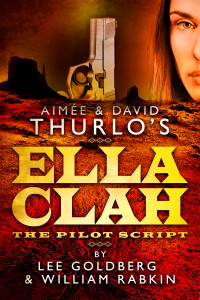
Aimee & David Thurlo‘s Ella Clah, a Navajo Police special investigator, is one of the most enduring and popular characters in detective fiction today. Ella’s dedicated fans have long dreamed of the bestselling, critically acclaimed series coming to television…and it almost happened.
In 2001, CBS commissioned a pilot script, a sample episode of a proposed series, from William Rabkin and yours truly. Sadly, the Ella Clah pilot ultimately wasn’t produced, but ever since, the script has been hotly sought-after by fans. So we decided that it was time, at long last, to make that rare pilot script available to fans… along with the original sales treatment, six episode ideas, a foreword by the Thurlos, and a detailed account from Bill and me about how we approach our adaptation and what our plans were for the TV series. The book is called Aimee & David Thurlo’s Ella Clah: The Pilot Script and is now available on Kindle and Kobo (Paperback and Nook editions are coming soon) Here’s an excerpt from our introduction…
It was the end of the 2000-2001 TV season. CSI had become an unexpected hit on CBS. Every network was suddenly looking for a new spin on the traditional cop show and we thought we had one in Aimée & David Thurlo’s Ella Clah novels…but we’d have to make some big changes to pull it off.
In the books, Ella is an ex-FBI agent working as a special investigator in the Navajo nation’s police force. It was a character, and a world, that we hadn’t seen on television before. And we knew we never would. That’s because the concept had three big strikes against it: the setting was rural, the stories were all about Native Americans, and the lead was a woman. Remember, this was twelve years before Justified and Longmire, both of which are on networks that had yet to produce an episodic drama series, and there hadn’t been a hit, female-lead cop show since Cagney & Lacey.
Despite those major drawbacks, we believed there had to be a way we could make Ella Clah work within the current television landscape. So we went back to the books and analyzed what the key elements were that attracted us to them. And, not surprisingly, it came down to Ella herself, a woman torn between two different cultures; mainstream America and the Navajo nation…
To find out more, you’ll have to read the book. We hope it’s an exciting story for Ella Clah fans and aspiring TV screenwriters alike…and a cool peek behind-the-scenes of network television.
Writing A Kick-Ass Pilot
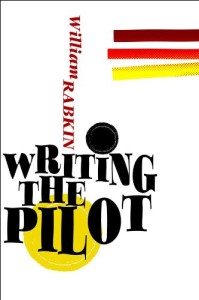 William Rabkin has written what has quickly become the bible for writing pilots…his terrific, widely acclaimed book Writing the Pilot. Now he’s sharing his knowledge in an intensive, weekend-long writing seminar that’s a must-attend for aspiring TV writers. Here are the details from Bill himself:
William Rabkin has written what has quickly become the bible for writing pilots…his terrific, widely acclaimed book Writing the Pilot. Now he’s sharing his knowledge in an intensive, weekend-long writing seminar that’s a must-attend for aspiring TV writers. Here are the details from Bill himself:
My good friends at Writing Pad tell me that there are only a couple of spaces left in my intensive weekend workshop on writing your pilot that’s coming up in just a week.
And what is this intensive weekend workshop on writing your pilot? Glad you asked! Here’s the pitch:
Are you finally ready to write that pilot? Do you have a concept you’re burning to bring to life but don’t know where to start? How about an intensive weekend pilot bootcamp taught by the author of that classic text, Writing the Pilot?
(Um, that would be me, in case anyone is wondering…)
And when I say intensive…
We’re going to start Friday, June 21 at 7pm, and wrap up Sunday 23 at 5pm. (Okay, maybe not that intensive — Friday goes 7-10, while the two weekend days are 10am to 5pm…) We’ll be covering every aspect of writing a great pilot, from defining the concept to naming the supporting characters and plotting your pilot story. By the end of the weekend you will have developed your franchise and main characters and be ready to start writing…
…and the workshop still won’t be over! Because once you’re ready, you’ll also get a set of notes on your outline… and one on your script… and a one-on-one consultation (probably via phone, unless you happen to be in the desert!).
Best of all, this class is coming to you through the delightful people at WritingPad, so when Marilyn promises that continental breakfast and snacks are included, you know they’ll be worth the price of admission alone! I can already see the glowing radioactive beverages…
As you can imagine, we’ve got to keep this class really small. It’s going to be limited to 10 people… and I understand it’s half sold out already. So if you’re interested, move fast. Here’s a link: http://writingpad.com/
Pulp Friction
I had a great time on tonight being interviewed by author Paul Levine on his podcast PULP FRICTION. You can hear it here:
Screenwriting Yoda Shares his Wisdom
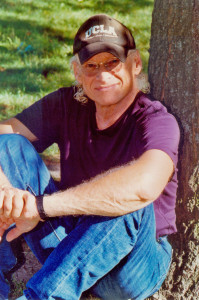
It’s easier to win admission to the Harvard Medical School than a seat in Professor Walter’s legendary screenwriting seminars at UCLA
Richard Walter was my screenwriting professor at UCLA…and, in large part thanks to what I learned from him, I’ve had a long and successful career as a TV writer/producer and screenwriter. His former students have taken Hollywood by storm…just in the last four years, graduates of his seminars have won three Oscars and five Oscar nominations and have written ten movies for Steven Spielberg. Now, for the first time, he’s opening his acclaimed class to non-UCLA students for a special session June 24-Aug 2nd. Enrollment is limited…so sign up fast.
I thought this would be a good opportunity to corner Richard and get some of his insights into the bevy of “screenwriting gurus” out there, the state of movie & TV biz, and how the craft of screenwriting has changed in the last few years.
LEE: What can aspiring writers get from your class that they can’t get from the myriad of script gurus teaching courses out there?
RICHARD WALTER: For openers, this is an advanced screenwriting seminar at the UCLA film school – not a private for-profit weekend lecture—that is available both to UCLA and non-UCLA students alike. All students receive 8 college credits. It’s not a one-shot but an on-going six-week series of workshops light on lectures and heavy on in-class writing challenges and analysis of in-progress student pages. It is very much a hands-on writing seminar.
LEE: What will they gain from this class that they can’t derive from the 10,000 screenwriting books out there (including your own)?
RW: It’s a chance to put the principles from those 10,000 screenwriting books (including my own) into use, to try them out in the context of creating a dramatic narrative under the guidance of, well, me. The course is not about books about writing, nor is it even about writing; it is writing.
LEE: How should an aspiring writer judge the “merits” of a screenwriting teacher/guru/consultant. How do you find the “real” ones from the “hucksters?”
RW: Ask around, and ask for references. It can’t be about the marketing–only the writing. Run as fast as you can from anyone who even merely suggests that there’s a good chance after working with him that the writer will win representation and the script will sell. There are truly excellent consultants available and affordable, and it’s becoming increasingly routine (and in my opinion also smart) to work with a consultant who can ask the hard questions before the studio asks them. One of the most damaging and common mistakes writers make is to show their scripts too soon, before they’re truly ready. I regularly refer writers to worthy consultants.
LEE: Are Hollywood “pitchfests” useful or a swindle that takes advantage of aspiring writers?
RW: Swindle is a strong word. I’ll only say it’s not called screen-talking.
I’m sure it’s possible to make some connections and get a script considered, but the person doing the considering is likely not authorized to green-light any thing. He can only pitch it to his bosses. What writer wants someone else pitching his story? The pitcher will likely blow it. “Oh yeah, and there’s something about an iceberg.” Consider also that writers have far greater control over a movie that starts as a spec script compared to one from a pitch.
LEE: How has the screenwriting business changed?
RW: There has never been a greater time to engage the screenwriting racket. When I came to town forty years ago there were seven studios and three broadcast networks. All of those are now toast. The action is in cable and the web, and it’s soaring. This is not the future; it is now. When does anyone see in a theater anything a thousandth as brilliant as a Homeland episode or one from Breaking Bad? This is the golden age of television, except it’s not television. There are exponentially more buyers now operating out of ever-growing companies. There is more product than ever, which means more opportunities for writers (also actors, directors, editors, cinematographers) and expanded offerings for consumers to choose. What’s not to like?
Also, at cable and the web, the producers are the writers and vice versa. They control. In those formats it is not the writer but the director who is “for hire.” There, the writer is the boss, as well she should be.
LEE: Are development executives looking for different things from a script than they were five or ten years ago? Do audiences have different expectations of stories and characters these days?
RW: No, and no. Narrative is narrative. It’s all about story. All audiences care about throughout the millennia is story. Make your screenplay tell a compelling story. Demonstrate in every script your strength as a storytellers
LEE: Are the principles you’re teaching applicable to TV as well as film? What if someone is more interested in writing a spec pilot than a spec feature?
RW: The principles apply to all dramatic narratives, including opera librettos and novels. The only difference between a spec pilot and a spec feature is that the latter is longer.
LEE: Is TV easier to break into than film? Or is it the other way around? And if so, why?
RW: The other way around. Why would anybody want to break into film? Film is in the midst of an unspeakable, smothering war against originality.
LEE: Are studios and networks relying more on “proven” writers than newbies?
RW: Every experienced, established, successful, adored, wealthy writer without exception was once a newbie. Newbies should take heart in knowing that they are in great company
For further information on Professor Richard Walter’s Summer Class at UCLA visit: www.richardwalter.com.
To enroll and register students can visit: http://www.summer.ucla.edu/EnrollRegister/overview.htm.
To contact the UCLA Registrar’s office for summer classes directly, call (310) 825-4101.
If you have additional questions about Professor Walter’s class, please contact his media manager at kathyAcabrera@yahoo.com or 678.644.4122.
